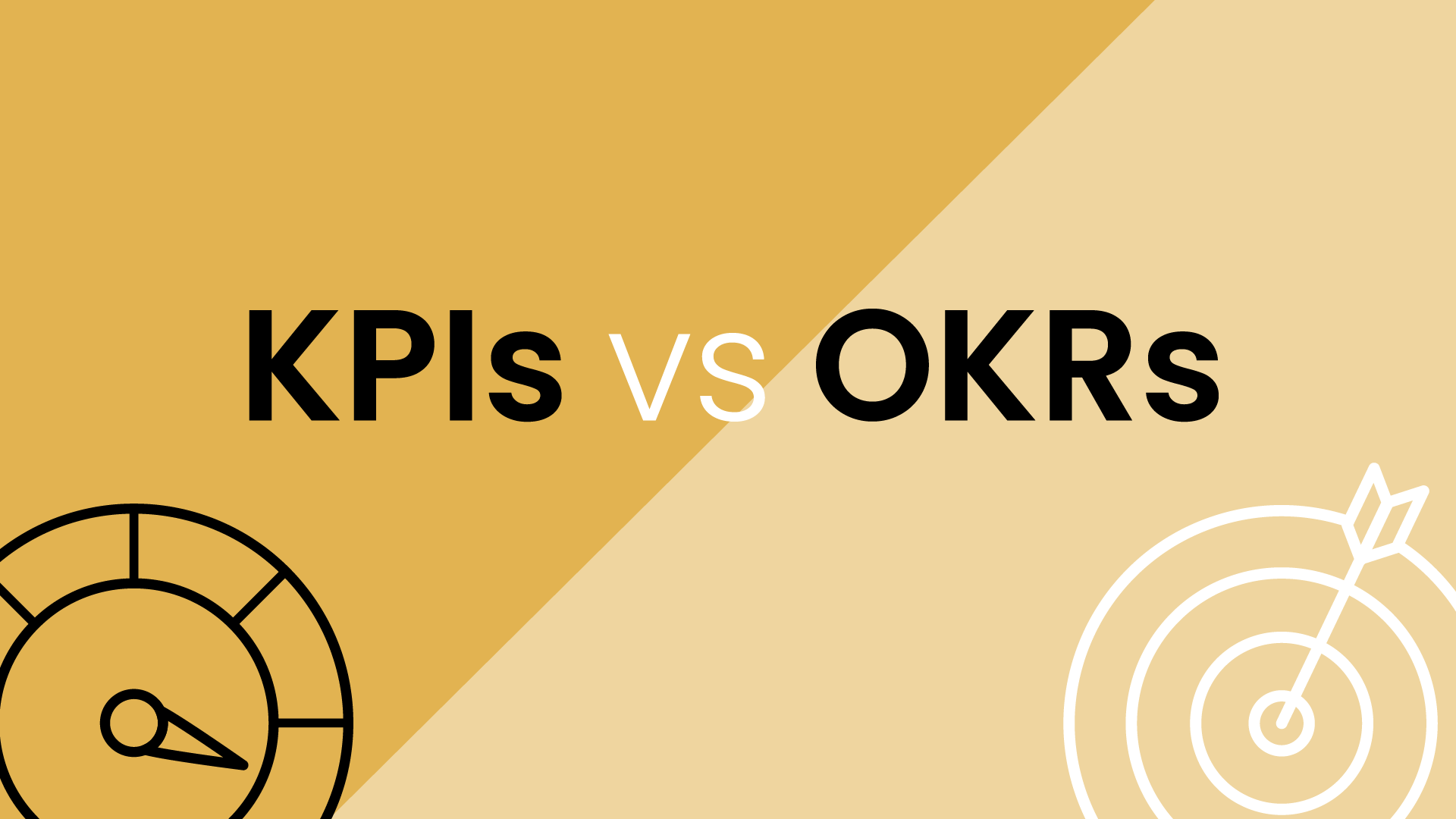What is a performance review meeting?
A performance review meeting (also known as a performance appraisal or evaluation) is a formal discussion between an employee and their manager, or sometimes a human resources representative, designed to comprehensively assess the employee’s work performance over a specific period. This meeting typically involves a review of the employee’s accomplishments, areas for improvement, and goal setting for future development.
Traditional performance appraisal processes, such as the annual performance review, often face limitations like recency bias and lack of employee input. It’s a two-way street, allowing the manager to provide constructive feedback and the employees to voice their perspectives and contributions.
Why are performance review meetings important?
Performance review meetings are a launchpad for growth, offering a dedicated space for:
- Feedback & recognition: Employees receive constructive feedback on their strengths and weaknesses, and their accomplishments are acknowledged, which can boost morale and motivation.
- Performance feedback: Providing support, building trust, and guiding employees in the right direction makes them more receptive to performance feedback. This helps uncover opportunities for improvement and reinforces employees' strengths.
- Growth & development: These meetings help identify areas where employees can improve and create a personalized plan for professional development, leading to enhanced skills and knowledge.
- Goal setting: Setting goals for future performance is necessary to keep them aligned with company objectives, provide the foundations for continuous improvement, and keep everyone working collaboratively towards shared outcomes.
- Relationship building: The open communication promoted in these meetings strengthens the bond between employees and managers, promoting trust and collaboration.
- Performance improvement: By addressing areas of concern and setting clear expectations, performance reviews can help employees improve their overall performance.
- Talent management: Performance reviews help organizations identify high-performing employees, potential leaders, and areas where additional training or support may be needed.
- Fairness & transparency: They provide a fair and transparent process for evaluating employee performance, which can help with decisions regarding promotions, compensation, and career development.
How the performance review process works
Performance review meetings typically follow a structured process involving preparation, the actual meeting, documentation, and follow-up.
1. Preparation
- Manager: Reviews the employee’s performance data (e.g., projects, goals, feedback from others) and prepares specific examples of strengths, weaknesses, and areas for improvement.
- Employee: Reflects on their own performance, gathers relevant examples of work, and prepares questions or feedback to share.
2. The meeting
- Opening: The manager sets a positive tone, clarifies the purpose of the meeting, and outlines the agenda.
- Performance review
- The manager provides feedback on the employee’s accomplishments, challenges, and overall performance, emphasizing the importance of aligning the employee's performance with career goals and company objectives.
- Acknowledge past performance while also focusing on future development and goal-setting.
- The employee shares their perspective, asks questions, and discusses their contributions.
- Both parties engage in a constructive dialogue to identify areas for growth and development.
- Goal setting
- New goals are set for the upcoming period, aligning with both individual aspirations and company objectives.
- Existing goals are reviewed, and progress is assessed.
- Development plan
- A plan is created to address areas for improvement, including training, mentorship, or other resources.
- Closing: The manager summarizes key takeaways, expresses appreciation for the employee’s contributions, and confirms the next steps.
3. Documentation
- The meeting outcomes, including feedback, goals, development plans, and any agreed-upon actions, are documented and shared with the employee.
- This documentation serves as a reference for future discussions and performance tracking.
4. Follow-up
- The manager and employee maintain regular communication to track progress toward goals, provide ongoing feedback, and address any challenges that may arise.
- This ensures that the performance review isn't a one-time event, but an ongoing process for continuous improvement.
The format and frequency of performance review meetings can vary depending on the organization and industry. Some companies conduct annual reviews, while others opt for more frequent check-ins.
Also, some performance reviews may involve 360-degree feedback, where input is gathered from peers, direct reports, and other stakeholders.
Best practices for effective performance review meetings
To make performance review meetings productive and valuable for both employees and managers, consider implementing these best practices:
- Set clear expectations: Communicate the purpose, format, and expectations for the meeting well in advance, allowing employees time to prepare. Emphasize the importance of having regular performance reviews, including annual reviews and mid-year appraisals.
- Gather data: Collect comprehensive performance data, including specific examples of positive contributions and improvement areas.
- Use performance review software: Streamline and modernize the review process by using performance review software. This can simplify the process, provide reliable context, enhance effectiveness, and minimize subjectivity in performance evaluation.
- Create a safe space: Encourage an open and honest environment where employees feel comfortable sharing their perspectives and concerns.
- Focus on specifics: Avoid generalizations. Use concrete examples to illustrate strengths, weaknesses, and areas for development. Emphasize the importance of asking performance review questions to maintain a coaching mindset and encourage open discussion.
- Be objective: Base feedback on factual evidence and avoid personal biases or opinions.
- Balance positive & constructive feedback: Recognize achievements while also addressing areas for improvement constructively.
- Active listening: Pay full attention to the employee’s input, ask clarifying questions, and acknowledge their contributions.
- SMART goals: Set specific, measurable, achievable, relevant, and time-bound goals for the future.
- Document outcomes: Create a clear record of the meeting, including feedback, goals, action items, and development plans.
- Share documentation: Provide the employee with a copy of the documentation for reference and future discussions.
- Regular check-ins: Schedule follow-up meetings or check-ins to track progress, offer support, and adjust goals as needed.


















